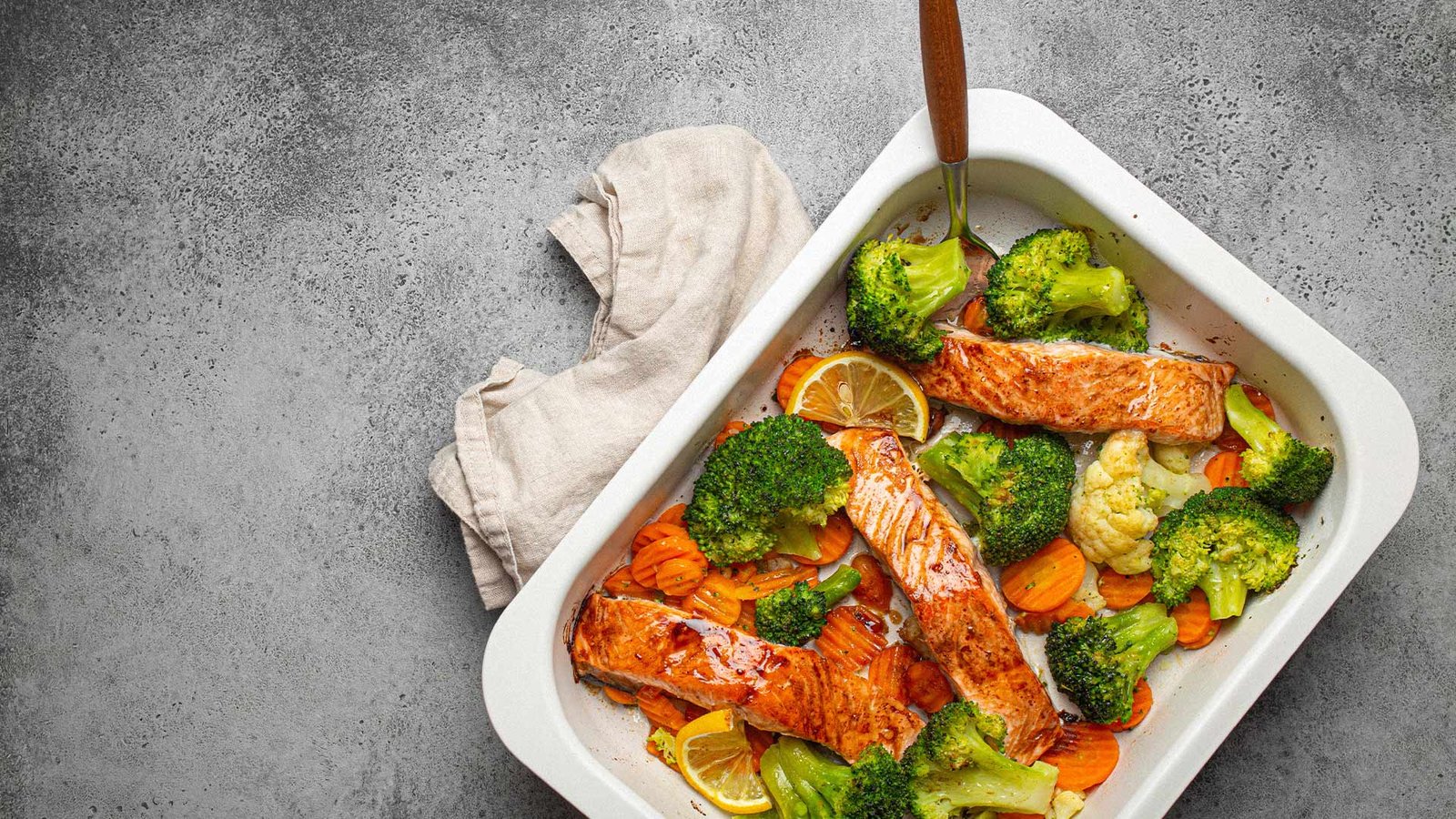Fat: The Most Misunderstood Macronutrient
Reading time 7 min

Reading time 7 min

As women’s nutrition needs change with age, fat and menopause nutrition is often the most misunderstood part of that shift. For decades, dietary fat was demonized as the villain behind weight gain and heart disease. But science has evolved, and we now understand that fat is essential for hormone production, nutrient absorption, and overall health.
How does fat affect menopause nutrition?
Fat is a crucial macronutrient for women going through menopause. It supports hormone production, helps absorb essential vitamins, and promotes satiety. In menopause nutrition, quality matters more than quantity – healthy fats like olive oil, nuts, and omega-3s can reduce inflammation and improve long-term metabolic and cardiovascular health.
In the menopause transition, hormonal changes affect how fat is stored, how it’s burned, and what types of fat your body thrives on. The goal isn’t to cut fat out. It’s to choose the right kinds and understand how fat works with your hormones, not against them1, 2.
Fat serves three critical functions in your body. First, it’s essential for absorbing fat-soluble vitamins (A, D, E, and K). Without adequate fat, these vitamins can’t do their jobs. Second, fat is the raw material for hormone production.
Remember, cholesterol is actually the building block for estrogen, progesterone, and testosterone. Third, fat provides concentrated energy and helps you feel satisfied after meals3, 4.
Not all fats are created equal. There are three main types5, 6:
Saturated fats are solid at room temperature and mostly found in animal products like butter, cheese, and red meat, plus some plant oils like coconut and palm oil. High-fat diets – especially those high in saturated fats – have been linked to greater weight gain, insulin resistance, and unhealthy lipid profiles during and after menopause.
Monounsaturated fats are liquid at room temperature but may solidify when chilled. Think olive oil, avocados, and nuts.
Polyunsaturated fats stay liquid even when cold and include omega-3 and omega-6 fatty acids from fish, walnuts, and vegetable oils.

Trans fats are the truly problematic ones found in some processed foods like margarine or baked goods. They are created through an industrial process that adds hydrogen to liquid vegetable oils to make them more solid and shelf-stable. These should be avoided entirely.
Myth: “Women should cut fat during menopause”
Fact: Fat is essential for hormone production and nutrient absorption. Cutting fat too low can worsen symptoms and impair health.
Many women don’t realize: before menopause, estrogen acts like a cardiovascular bodyguard. It helps maintain higher levels of HDL (“good” cholesterol) and lower levels of LDL (“bad” cholesterol). This is why premenopausal women have a lower risk of heart disease compared to men of the same age7.
As estrogen declines during perimenopause and postmenopause, its protection disappears. Studies show that total cholesterol and LDL cholesterol tend to rise around menopause, while HDL often decreases.
This creates a more dangerous lipid profile, exactly when you need to be most careful about the fats you’re eating. Research shows that women’s cholesterol levels typically peak about 10 years later than men’s, coinciding with the postmenopausal period8.
Let’s not forget that fat shifts toward the belly and organs during menopause transition. This visceral fat is not just a cosmetic issue – it’s strongly linked to insulin resistance, inflammation, and heart disease.
Once you enter the menopause transition phase, fat quality becomes non-negotiable. As estrogen’s protective effects fade, every dietary choice matters more. The goal shifts from general healthy eating to targeted cardiovascular protection.
Focus on unsaturated fats and choose olive oil, Greek yogurt, and a handful of nuts instead of butter, heavy cream, or margarine.
The goal is not to eliminate fat, but rather make it work for your health. The Mediterranean diet is a great way to eat and can help you with meal planning that is healthy for your changing body10.

If you eat ~1,800 calories per day:
Total fat: 20-35% = 360-630 calories = 40-70 grams of fat
Saturated fat: <10% = <180 calories = <20 grams
Too many women enter menopause thinking fat is the enemy. If you focus on better fats, not less fat, you’ll come out a winner. More satiety, better energy, better labs. That tablespoon of olive oil in your salad?
It’s helping you absorb those fat-soluble vitamins and keeping you satisfied. Fat is not the villain – it’s a tool. But like any tool, you have to know how to use it. Menopause isn’t the time to restrict – it’s the time to nourish wisely.
Dr. Jūra Lašas
1.
Duval, K. et al. Effects of the menopausal transition on dietary intake and appetite: a MONET Group Study. (2014) https://doi.org/10.1038/ejcn.2013.171
2.
Opoku, A. et al. Best practice & research. (2023) https://doi.org/10.1016/j.bpobgyn.2023.102348
3.
Miyamoto, J. et al. Nutritional Signaling via Free Fatty Acid Receptors. (2016) https://doi.org/10.3390/ijms17040450
4.
Glick, N. et al. The Role of Essential Fatty Acids in Human Health. (2013) https://doi.org/10.1177/2156587213488788
5.
Chen, J. et al. Nutritional Indices for Assessing Fatty Acids: A Mini-Review. (2020) https://doi.org/10.3390/ijms21165695
6.
Nykiel, S. et al. The Dietary Fats: A Comprehensive Study about the Influence of Different Types of Fats on General Health and Developing Diseases. (2025) https://doi.org/10.12775/qs.2025.40.58799
7.
Khoja, A. et al. Risk Factors for Premature Coronary Heart Disease in Women Compared to Men: Systematic Review and Meta-Analysis. (2023) https://doi.org/10.1089/jwh.2022.0517
8.
Ryczkowska, K. et al. Menopause and women’s cardiovascular health: is it really an obvious relationship? (2022) https://doi.org/10.5114/aoms/157308
9.
Sun, Q. et al. The different association between fat mass distribution and intake of three major nutrients in pre- and postmenopausal women. (2024) https://doi.org/10.1371/journal.pone.0304098
10.
Gonçalves, C. et al. Systematic review of mediterranean diet interventions in menopausal women. (2024) https://doi.org/10.3934/publichealth.2024005